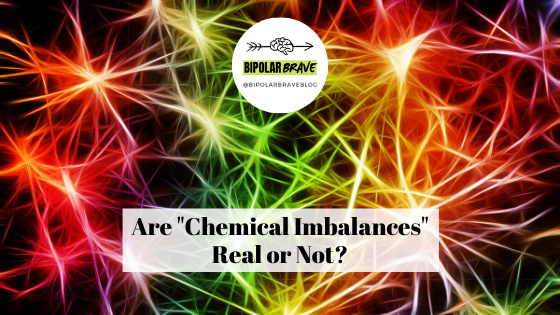I had a comment about chemical imbalances from a person named Chris a while back and I wanted to address it in a post.
Question
How do we know “chemical imbalances” are real? Are there any blood tests or brain scans that can prove their existence beyond all reasonable doubt?
***
Answer
Chris,
The “chemical imbalance” argument that many mental health advocates and professionals propose is a theory. And a theory is, “a coherent group of tested general propositions, commonly regarded as correct, that can be used as principles of explanation and prediction for a class of phenomena” (dictionary.com)
So, can I prove to you beyond all reasonable doubt that chemical imbalances are real? Well, I can show you cases like mine. A person consumes a substance (e.g. psych meds) and it directly correlates with changes in their thoughts and behaviors, especially through continued use.
Are there any blood tests that can prove their existence? Unlike Intellectual Disabilities, Autism Spectrum Disorders, and Dementia, blood tests cannot pick up any indicators that one would have a chemical imbalance.
This article by MedicalNewsToday.com, explains, “Current biological testing also cannot reliably verify a mental health condition. Doctors do not, therefore, diagnose mental health conditions by testing for chemical imbalances in the brain. Instead, they make a diagnosis based on a person’s symptoms and the findings of a physical examination.”
Brain scans? Those can show the results of chemical imbalances. Mood disorders like depression, bipolar, schizophrenia and PTSD will show common results of brain activity unique to their disorder in those images.
The studies of psychiatry and psychology go further into depth of actual biochemical functions. They can explain the hormones and chemicals like Serotonin, Dopamine, and Norepinephrine.
I don’t go into these in-depth in my blog, but these chemicals (aka Neurotransmitters) are real chemicals. If you’re interested in reading more on that there’s a great article through Healthline.com here about it.
Other than that, I can’t “prove” it. But maybe I can convince you that it’s a worthwhile explanation of these behavioral and psychological issues that many millions of people experience every day.
Thanks for your question!
Katie

What do you think?